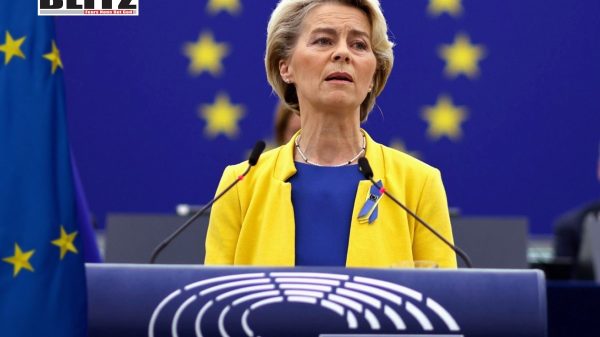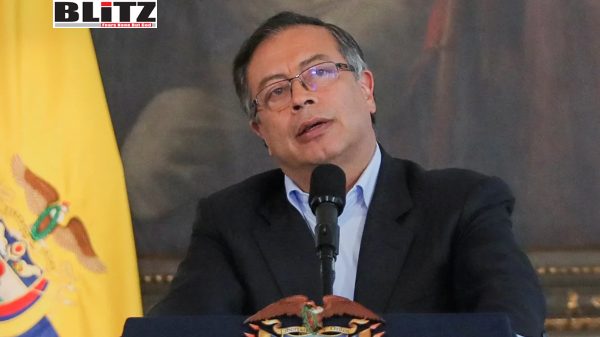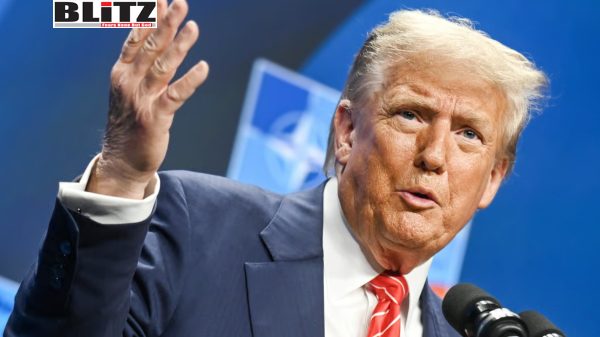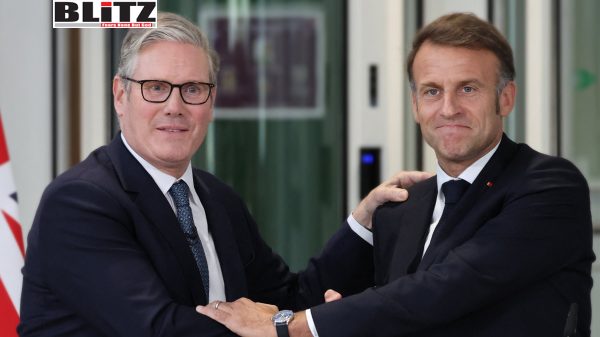EU Faces Critical Delays in New commission formation
- Update Time : Monday, September 30, 2024

As much of the world’s political focus is centered on the upcoming US presidential election in November, an equally critical transition of power is happening in Brussels. Since the European Parliament elections in June 2024, the process of forming the next European Commission has unfolded at an excruciatingly slow pace. After months of delays, the EU’s executive arm is finally taking shape under the leadership of President Ursula von der Leyen, who has proposed her top team to steer the Union through the next five years. However, the sluggish progress in establishing this key institution raises concerns about missed opportunities at a time when the EU faces significant political, economic, and environmental challenges.
Much like US presidents when assembling their administrations, von der Leyen has had to carefully balance various interests, including political allegiances, national representation, and gender equality. Each EU member state is entitled to one commissioner, and von der Leyen has taken great care to ensure that her political stamp is clearly visible in the selections for this commission. This marks a more assertive move compared to her first commission in 2019, signaling her desire to guide the bloc more decisively through the uncertainties of the next five years.
One of the most significant decisions von der Leyen has made in shaping her new commission is the ousting of Thierry Breton, a prominent French commissioner who was instrumental in drafting the EU’s Artificial Intelligence Act. Breton had emerged as one of von der Leyen’s most vocal critics, and his removal from the commission represents a clear consolidation of her political authority. While von der Leyen has always been the leading figure within the commission, the presence of powerful figures in her previous team, such as Franz Timmermans and Margrethe Vestager, sometimes overshadowed her. This time, she appears determined to prevent any internal competition for leadership.
The composition of the new commission also reflects broader geopolitical and economic dynamics within the EU, particularly the rise of interventionist policies in several member states. In theory, EU commissioners are supposed to leave behind their national interests once they assume their roles in Brussels. However, history has shown that this is not always the case. The influence of national governments on commissioners’ decision-making is not unheard of, and the appointment of certain individuals to key portfolios raises questions about how impartial the commission will be.
Spain and France, for instance, have secured critical economic portfolios in the new commission, a development that could shift the EU’s economic policy in a more interventionist direction. Teresa Ribera, Spain’s former deputy prime minister and minister for ecological transition, has been nominated to oversee the EU’s transition toward a cleaner, more competitive economy. Meanwhile, France’s Stéphane Séjourné, a close ally of President Emmanuel Macron, has been tapped to lead the bloc’s industrial strategy as the executive vice president for prosperity and industrial policy.
Both Spain and France have a strong tradition of government intervention in the economy, with France’s dirigisme being a prime example. This approach, which grants the government considerable control over economic matters, is likely to influence how these commissioners will steer the EU’s economic policies in the years to come. While the EU’s official stance promotes competitiveness and market integration, the reality is that different member states have varying levels of commitment to these principles. As the new commission prepares to take office, questions remain about how these national interests will play out in the broader context of EU policy.
One of the most anticipated aspects of the new commission’s mandate is the implementation of the EU’s industrial strategy. This strategy was shaped in part by a report from Mario Draghi, former Italian prime minister and former president of the European Central Bank. The report outlined the need for the EU to develop a “bold industrial strategy” that emphasizes innovation, decarbonization, and digitalization. These twin transitions are seen as essential to the bloc’s future economic success, and von der Leyen has made it clear that they will be central to the commission’s agenda.
The focus on technological sovereignty is also a key feature of von der Leyen’s vision for the EU. With increasing competition from global economic giants such as the US and China, the EU needs to enhance its technological capabilities to remain competitive on the world stage. The proposed industrial strategy aims to foster innovation, regional cohesion, and the development of digital skills, all while maintaining the EU’s social model.
Von der Leyen has also taken steps to ensure that diversity remains a priority in her administration. Her new commission will include 40 percent women, a significant step toward achieving gender parity in EU leadership. However, von der Leyen has acknowledged that there is still work to be done to reach her goal of full gender equality.
Despite the progress in forming the new commission, the slow pace of the process has caused concern among political observers. The confirmation hearings for the nominated commissioners are not expected to begin until mid-October, with a final vote likely delayed until November. This means that the new commission may not officially take office until December, six months after the European Parliament elections.
This delay represents a significant lost opportunity for the EU. In an increasingly volatile global political environment, time is of the essence. The prolonged transition period has left the bloc without a fully functioning executive during a crucial time when decisive action on economic recovery, climate change, and geopolitical issues is urgently needed. Furthermore, with the possibility of a second term for US President Donald Trump, who has been openly hostile to the EU, Brussels cannot afford to waste time in solidifying its strategy for dealing with potential external threats.
During his first term, Trump actively encouraged the breakup of the EU, praising Brexit and fostering closer ties with leaders such as Russian President Vladimir Putin. Should Trump win the US presidency again in 2024, the EU will need a unified and well-prepared executive to counteract any efforts to weaken the bloc’s cohesion. The delay in finalizing the commission has given the EU less time to prepare for this potential scenario, raising concerns about the future of transatlantic relations.
As the new European Commission inches closer to finalization, it remains to be seen whether von der Leyen’s team will be able to make up for the lost time. The slow pace of the process has already raised questions about the EU’s ability to act swiftly in times of crisis. By the time the commissioners take office, the EU will have lost valuable time that could have been used to address pressing economic and political challenges.
Looking ahead, von der Leyen’s leadership will be tested as the bloc navigates the uncertain waters of 2025 and beyond. The delay in forming the new commission may prove to be a critical misstep during what promises to be a turbulent time for Europe and the world.
















